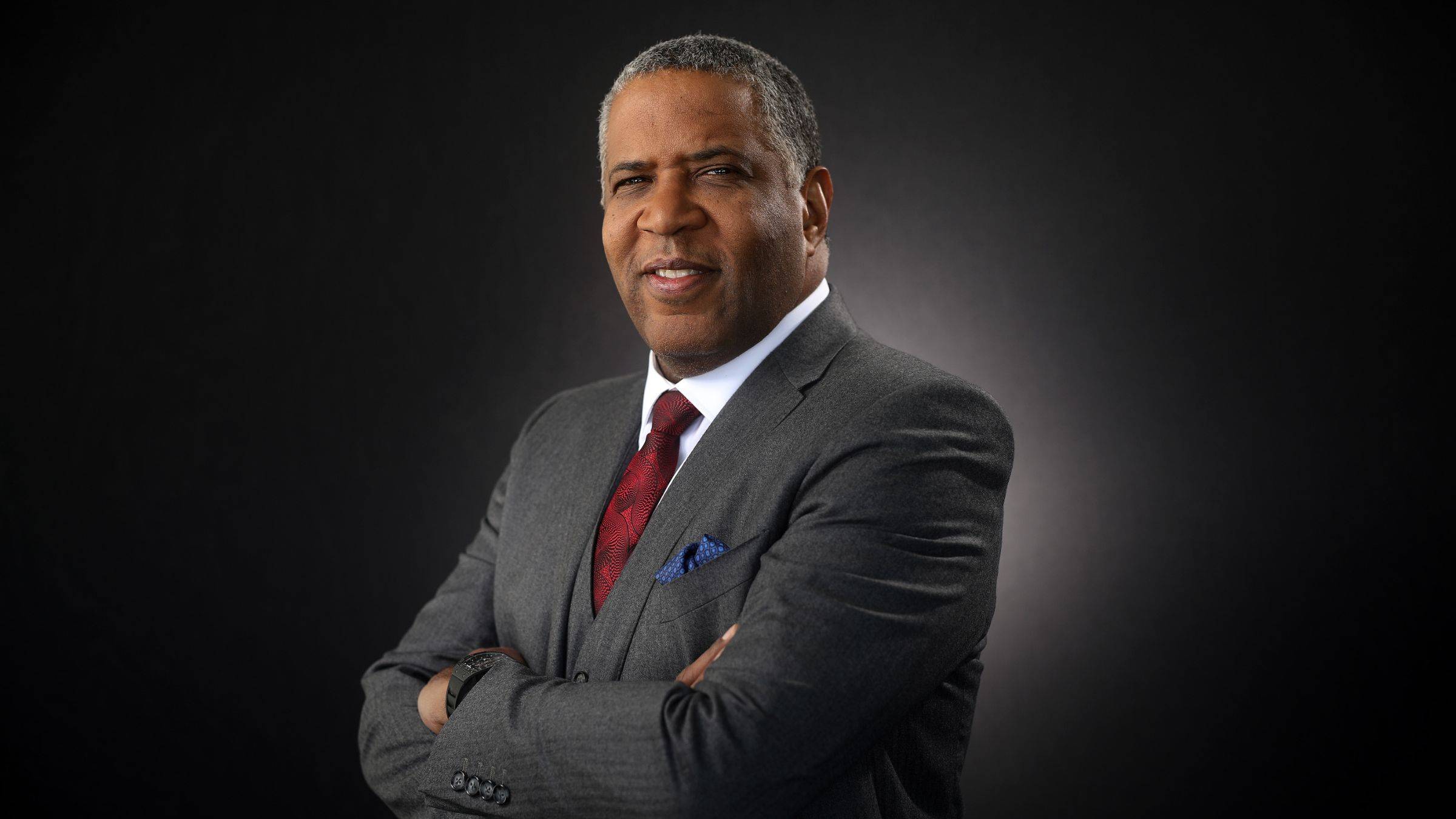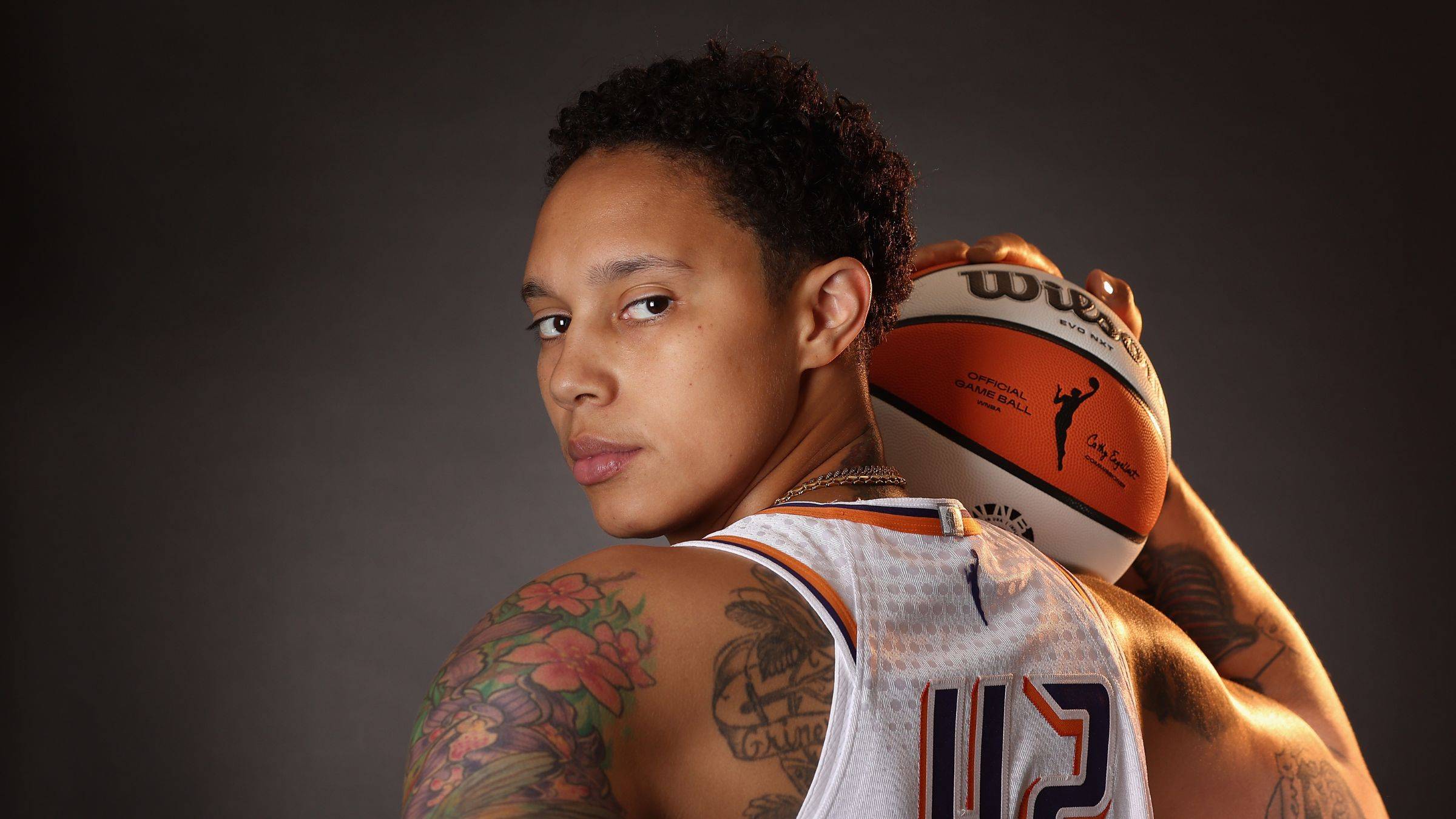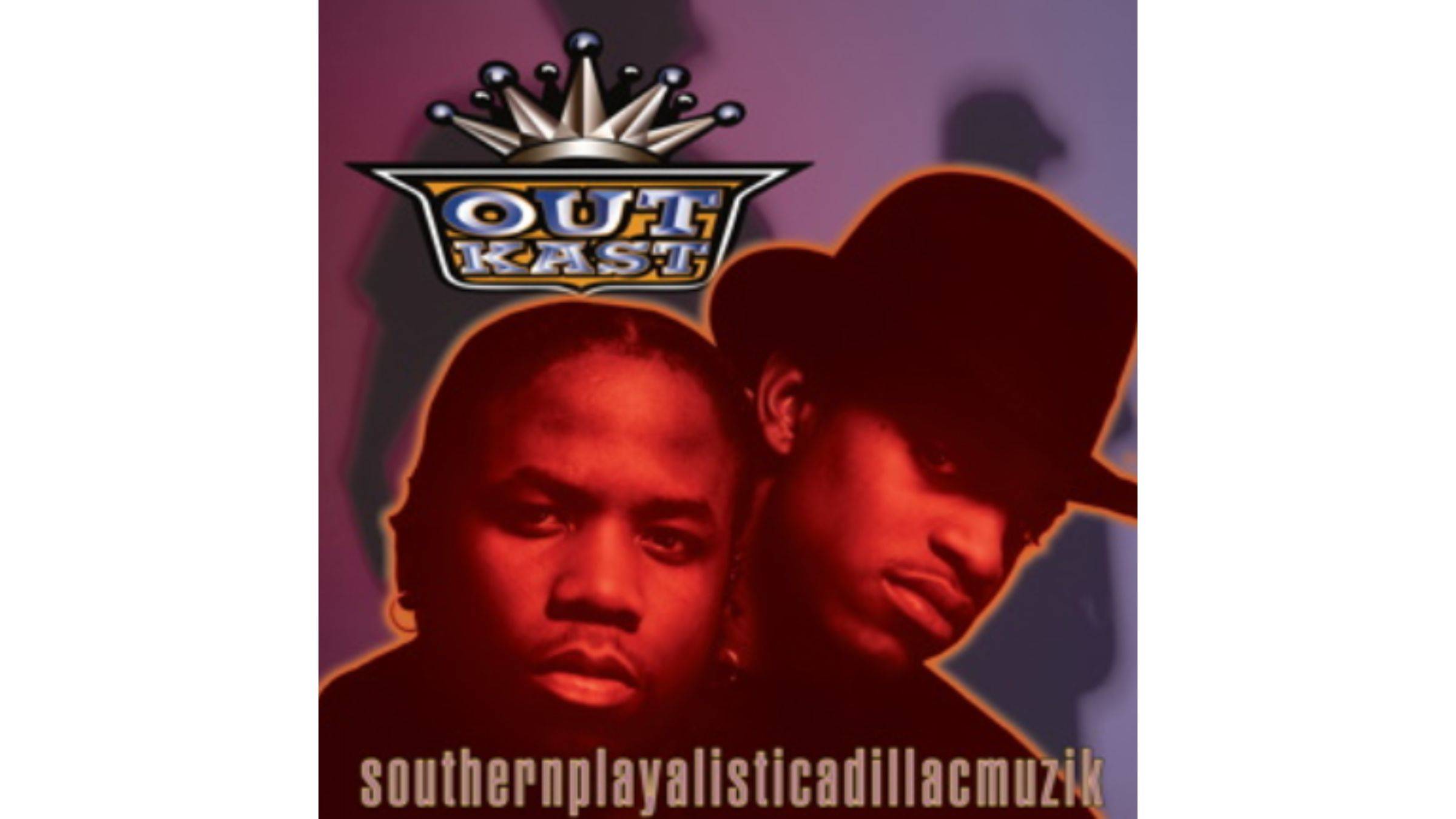Why You Should Care About Hypertension
Posted May 6, 2008 – It’s caused the silent killer. It can attack without you knowing you have it. And it affects nearly one in three African Americans. What disease is that prevalent and deadly: high blood pressure, which affects African Americans at a level some would consider an epidemic.
“Blacks in America have the greatest percentage of hypertension of any and people anywhere in the world,” says Dr. Emil Matarese, MD, a University of Pennsylvania professor and ambassador for the “Power To End Stroke” campaign of the American Stroke Association. “By getting regular check ups and following your doctor’s advice, you can reduce your risk of heath attack and stroke as well as Alzheimer’s disease.”
:: AD ::
When your blood pressure is high, your heart has to work harder than it should to pump blood to all parts of the body, says the National Heart, Lung and Blood Institute. High blood pressure is called the "silent killer" because most people feel healthy and don¹t even know that they have it.
But, if it's not treated, high blood pressure can cause stroke, heart attack, kidney and eye problems and even death. In fact, by some estimates, 75 percent of all strokes and heart attacks are caused by high blood pressure. Here’s what the Your Total Health at iVillage says:
- Stroke. High blood pressure is a major risk factor for stroke, a condition in which the blood supply to the brain is disrupted, either by bleeding into the brain (hemorrhagic stroke) or blocked by a blood clot (ischemic stroke). However, the risk of a fatal stroke for Blacks with high blood pressure is a full 80 percent higher than among other Americans.
- Death from heart disease. Hypertension causes the heart to work harder to pump blood through narrowed arteries in the body, which could lead to heart failure or contribute to coronary artery disease or heart attack. In fact, hypertension is the leading cause of heart failure among Black Americans.
- Kidney failure. Hypertension can affect the arteries that supply oxygen-rich blood to the kidneys, contributing to kidney failure. Among Black Americans, the leading cause of partial or complete kidney failure is believed to be poorly controlled high blood pressure. In fact, African Americans are eight times more likely to develop kidney failure than White Americans, and the risk of end-stage kidney disease from hypertension is three times greater among Black Americans than other Americans.
- Blindness. Hypertension can damage the arteries that supply oxygen-rich blood to the eyes. Those fragile arteries can burst, causing vision problems or even blindness. Blindness can also result if the retina detaches from the rest of the eye. Eye damage due to hypertension has an incidence in Black Americans twice that of white Americans.
- Alzheimers: There's new evidence that high blood pressure causes a form of dementia.
Detecting the Problem
While many people who have high blood pressure don’t know it, detecting the problem is as simple as getting your blood pressure checked by a health professional on a regular basis, particularly if you are at risk or have relatives who have high blood pressure. (See the Blood Pressure Chart to see where you stand.) Even children can develop high blood pressure, particularly if they are severely overweight.
A blood pressure check is a painless procedure in which the healthcare professional wraps a blood pressure cuff around the patient’s arm, tightens it and then slowly releases it while noting the patient’s blood pressure.
“Everyone should see a physician once a year to get a good exam, have your blood pressure checked and blood checked for cholesterol and diabetes,” Dr. Matarese says. "That's what we can do to protect ourselves."
Treatment And Lifestyle Changes
:: NEW PAGE ::
Treatment And Lifestyle Changes
Drugs called diuretics are among the most effective treatments available for controlling blood pressure, especially among Black Americans, and they happen to be relatively inexpensive, too. For Black Americans whose blood pressure does not respond to diuretics alone, studies have shown the benefits of combining diuretics with other blood pressure medications, such as ACE inhibitors or beta blockers.
Neither ACE inhibitors nor beta blockers seem to be as effective for Black Americans when taken alone, however. ACE inhibitors are most effective for Blacks suffering from kidney failure or heart failure in addition to high blood pressure.
Other medications that may be prescribed include calcium channel blockers (which are more expensive but are effective if diuretics cannot be tolerated) and cholesterol-reducing drugs.
Health experts advice high blood pressure patients should not be fooled if the drugs make them feel like nothing’s wrong. Take all the prescribed medicine anyway, they say, to keep things under control.
The ideal blood pressure for African Americans is uncertain. However, based on the results of the African American Study of Kidney Disease and Hypertension (AASK) study, the Hypertension in African Americans Working Group of the International Society on Hypertension in Blacks suggest the following:
- As with other racial groups, Black Americans with uncomplicated high blood pressure should strive to reach a target of 140/80 mmHg; A target of 130/80 mmHg should be considered for black Americans with diabetes, kidney disease, a history of heart attack or stroke, or elevated risk for coronary artery disease.
But, beyond medication, there are a number of other things doctors urge Blacks with high blood pressure to do, including reducing the amount of salt and fat in the diet. The Dietary Approaches to Stop Hypertension (DASH) found that the DASH diet, which includes a balance of fruits, vegetables and healthy proteins, was particularly helpful in controlling the blood pressure of Black Americans.
Here are other suggestions to keep your blood pressure in check:
- Quit smoking. This is perhaps the most important thing a smoker can do to promote his or her own health. Among many other side effects, smoking elevates blood pressure.
- Lose weight. Loss of weight in the abdominal area can immediately reduce blood pressure and helps to reduce the size of the heart. It is desirable to aim for a body mass index of less than 25. Weight loss, accompanied by salt restriction, may allow mild hypertensives [jargonistic?] to reduce or eliminate the need for medication.
- Eat a heart-healthy diet, low in saturated fat
- Get enough potassium, magnesium and calcium. Adequate intake of these minerals is thought by some experts to be more helpful than reducing salt intake for reducing blood pressure.
- Get off your butt and work out. Exercising at least three to four times a week is helpful for regulating high blood pressure. Steady exercise is better for regulating blood pressure than intensity. For instance, studies have shown that Tai Chi (an ancient Chinese workout involving slow relaxing movements) may lower blood pressure almost as well as moderately intense aerobics.
- Limit alcohol use. Don’t drink more than one six-ounce glass of wine per day, one 12-ounce beer or one one-ounce shot of distilled spirits for women, or one to two drinks per day for men.
- Limit salt intake. About 2,000 milligrams (2 grams) of salt a day is plenty.
- Keep the stress to a minimum. Emotional factors may play important roles in the development of hypertension. Studies have shown that meditation, active religious faith and participation in church-related activities have all been associated with reducing blood pressure to healthy levels.
- A pet may also lower blood pressure.
You can order a free brochure on high blood pressure and African Americans from the American Heart Association





